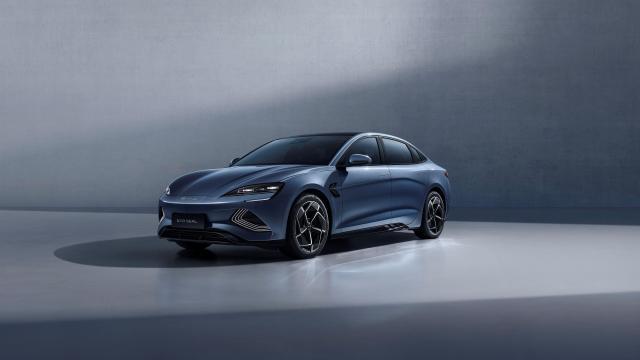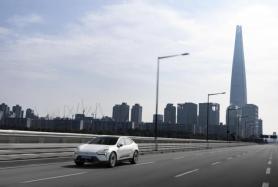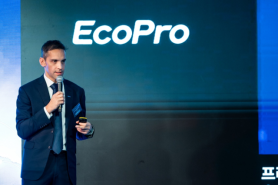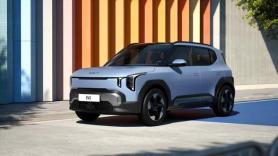
SEOUL, August 05 (AJP) - China’s dominance in electric vehicle production is opening a fresh wave of opportunities for South Korean companies, particularly those specializing in core automotive technologies and components, according to a new report by the Korea Trade-Investment Promotion Agency (KOTRA).
In a report released Tuesday titled “Recent Trends and Implications in China’s Automotive Industry,” KOTRA identified strong potential for Korean firms to supply electric vehicle-related parts and systems as Chinese automakers expand output and face growing international scrutiny.
The agency pointed to surging demand for automotive semiconductors, ultra-lightweight materials, EV software solutions, and components related to speed reduction and transmission as key areas for growth.
“As China pivots toward electric mobility, there is a widening gap between rapid expansion and the need for high-quality, specialized components—precisely where Korean firms excel,” said Lee Ji-hyung from KOTRA. “Our focus must be on developing technologies tailored to the unique demands of China’s market while building deeper partnerships with local players.”
The report details how China, in 2024, cemented its role as the world’s largest auto market, producing and selling over 30 million vehicles and exporting more than 5 million. Electric vehicles accounted for over 40 percent of total production, and Chinese brands now command more than 80 percent of the domestic EV segment.
However, the report also underscores challenges within the Chinese market. Fierce price competition has left only a handful of EV makers — including BYD, Li Auto, and Tesla — operating above the breakeven point, thanks to annual sales volumes exceeding 400,000 units.
As domestic competition intensifies, Chinese automakers are accelerating exports, prompting protective responses from the United States, the European Union, and several Latin American countries, including countervailing duties and anti-dumping measures.
These trade frictions, KOTRA noted, are creating new supply chain dynamics that Korean firms can tap into.
The report emphasizes the strategic advantage Korean suppliers hold in high-precision, export-ready components — particularly as Chinese manufacturers aim to improve quality and performance to compete globally.
Copyright ⓒ Aju Press All rights reserved.




